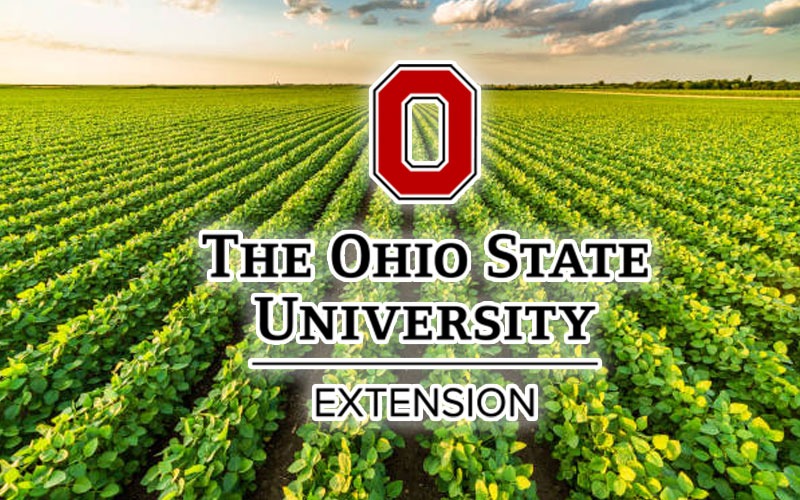The impact of ruminant grazing on ecosystems is complex and fascinating. When managed properly, grazing can promote plant growth, enhance soil health, and contribute to increased carbon sequestration. Practices like rotational grazing help to maintain vegetation and soil quality, but improper management can lead to overgrazing, resulting in soil degradation, loss of vegetation, and reduced carbon storage.
In this article, Retired NRCS Agronomist and Grazing Specialist Victor Shelton discusses the connection between weather, forages, and carbon sequestration. Specific topics include normal weather compared to average weather, the health of the soil, and how different grazing practices can impact the amount of carbon sequestered. https://u.osu.edu/beef/2024/11/06/normal-vs-average-weather-and-the-impact-on-forages/

